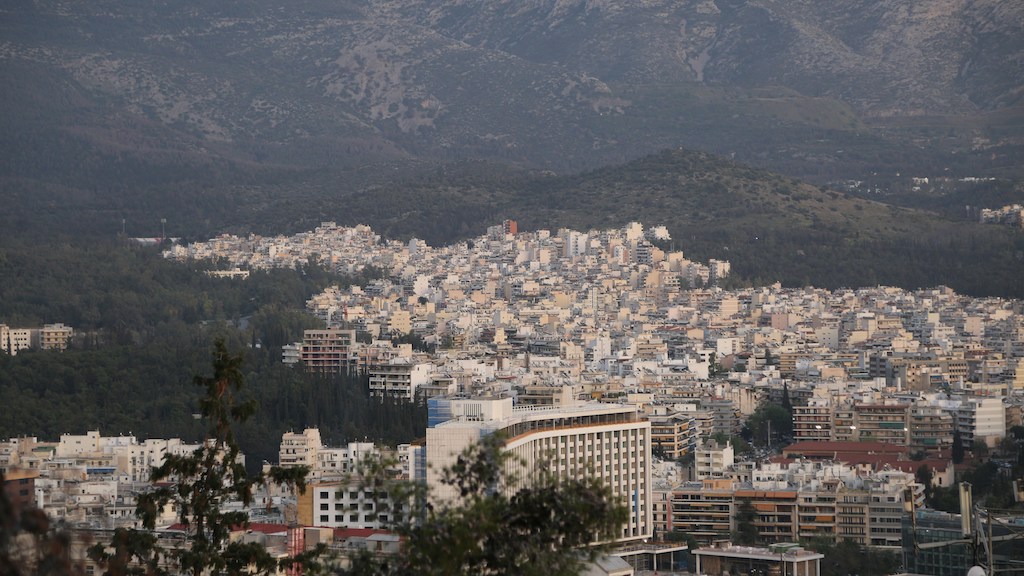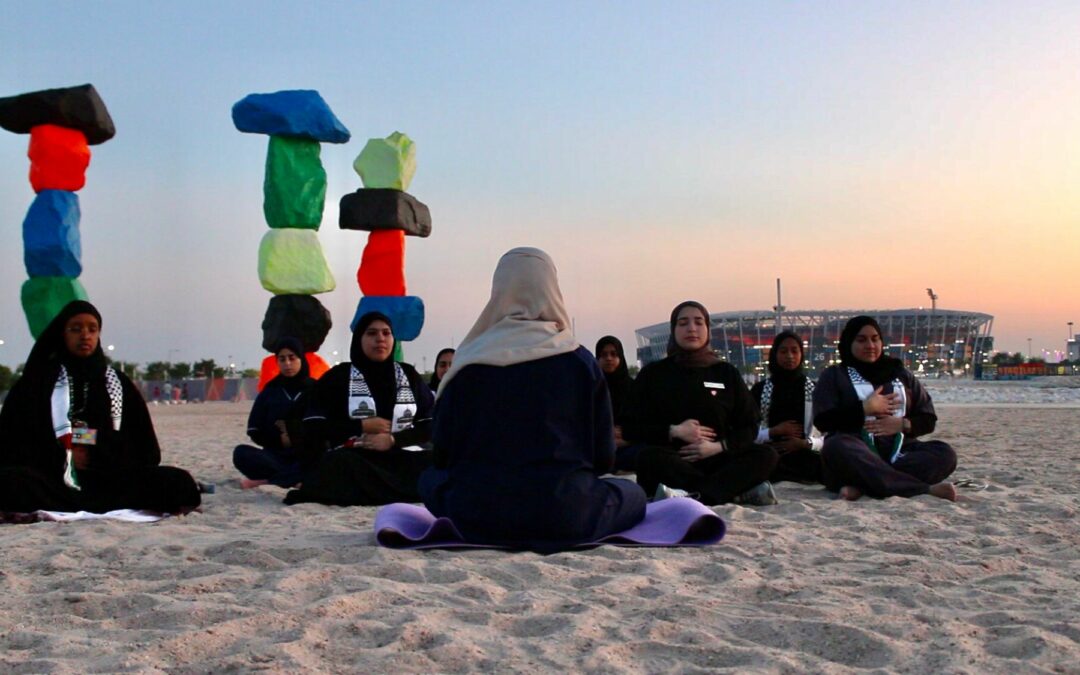
by Lea Banville | Mar 20, 2025 | Physiotherapy Research, Planetary Health, Students in EPT
La plus grande menace du XXIème siècle, le changement climatique, a déjà de graves conséquences modifiant la face du monde. Ces effets nuisent gravement à la santé humaine avec l’émergence et l’accentuation de pathologies pouvant être observées sur tous...

by Saoirse McSweeney | Sep 19, 2024 | Active Transport, SDGs, Students in EPT, Urban Design and Sustainable Communities
Physical activity is a vital component of successful health promotion. Yet, Public Health England (2016) reported that the UK population is 20% less active than in the 1960s. Considering the significant consequences of inactivity, this is one of the country’s...

by Somaia Elmaky | Jun 25, 2024 | Environmental Physiotherapy, Nature-based interventions, Students in EPT
As one of the first events following the joining of the Qatar University Physiotherapy program at the Department of Rehabilitation Sciences into the Environmental Physiotherapy Association’s EPT Agenda 2023 (now commencing it’s next, 2027 phase), a group...

by epaadmin | May 14, 2024 | Environmental Physiotherapy, Events, Students in EPT
Nature is a masterpiece, a symphony of colors, sounds, and scents. There is no doubt that this beauty is fading over time. Isn’t it time to start making a difference in our environment? At Qatar university, we are increasing our efforts in implementing environmental...

by Charles Senay | Apr 2, 2024 | Environmental Physiotherapy, Nature-based interventions, Physiotherapy Education, Students in EPT
Many have published here their thoughts and experiences about bringing physiotherapy outdoors, in natural spaces or urban green spaces. But what is it about these spaces that can improve the effectiveness of therapeutic interventions? Is it as obvious as we might...

by Millie Kent | Feb 26, 2024 | Environmental Physiotherapy, Physiotherapy Education, Students in EPT
When I told some of my peers that I was doing my dissertation on environmental sustainability in physiotherapy, I got lots of comments like “But… why?” or “Wow that’s very niche!” With a degree with such a high workload already, why would you add sustainability to the...







